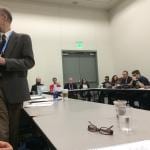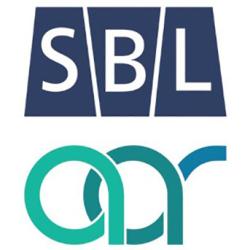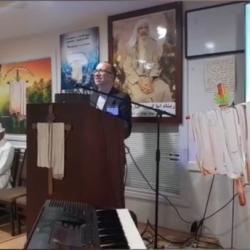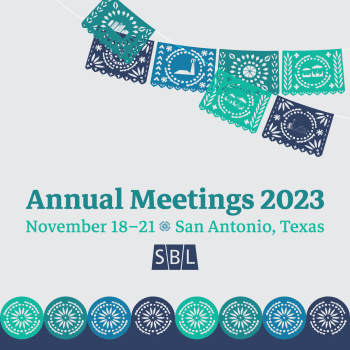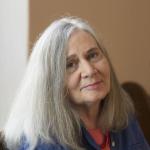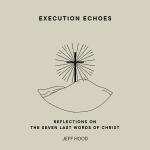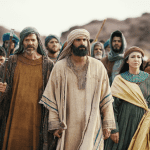Two calls for papers from the Recovering Female Interpreters of the Bible program unit, for the Society of Biblical Literature annual meeting in November:
“Historical Women Interpreting Scripture through Music and the Arts.”
We seek papers on the following topics 1)“Historical Women Interpreting Scripture through Music and the Arts.” Through the ages, countless women interpreted scripture through their creation of hymns, poetry, literature, painting, textiles, and other artistic works. We invite papers on historical women (active prior to World War I) who interpreted the Bible through artistic activity. Papers should include significant attention to the historical figures’ work as biblical interpreters, with attention to specific works created by these artists and writers from Jewish, Christian, and other religious traditions. 2) “Race, Slavery, and Social Justice in Biblical Interpretation by Historical Women: Papers Commemorating Maria Stewart.“ Inspired by the Boston setting of the 2020 Annual Meeting, this program unit remembers the work of Boston orator and essayist Maria W. Miller Stewart (1803-1879), the first recorded African American female political writer. We invite papers on Maria Stewart, as well as other historical women (active prior to World War I) who interpreted the Bible to promote social justice by confronting racism, slavery, and sexism. Papers should include significant attention to the historical figures’ work as biblical interpreters and their approach to scripture. We especially welcome papers about historical women of color, including those who could be considered Womanist forerunners.
“Race, Slavery, and Social Justice in Biblical Interpretation by Historical Women”
We seek paper proposals on the following topics: 1) “Race, Slavery, and Social Justice in Biblical Interpretation by Historical Women: Papers Commemorating Maria Stewart.” Inspired by the Boston setting of the 2020 Annual Meeting, this program unit remembers the work of Boston orator and essayist Maria W. Miller Stewart (1803-1879), the first recorded African American female political writer. We invite papers on Maria Stewart, as well as other historical women (active prior to World War I) who interpreted the Bible to promote social justice by confronting racism, slavery, and sexism. Papers should include significant attention to the historical figures’ work as biblical interpreters and their approach to scripture. We especially welcome papers about historical women of color, including those who could be considered Womanist forerunners. 2) “Historical Women Interpreting Scripture through Music and the Arts.” Through the ages, countless women interpreted scripture through their creation of hymns, poetry, literature, painting, textiles, and other artistic works. We invite papers on historical women (active prior to World War I) who interpreted the Bible through artistic activity. Papers should include significant attention to the historical figures’ work as biblical interpreters, with attention to specific works created by these artists and writers from Jewish, Christian, and other religious traditions.
More information here, and more information about the program unit and both calls for papers on the SBL website.
See also Joy Schroeder’s article “Retrieving the Voices of Women,” and the review of The Bible and Feminism in Ancient Jew Review.






